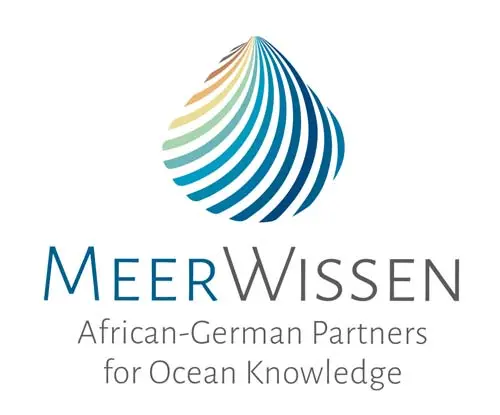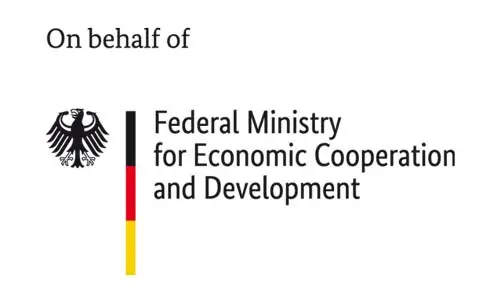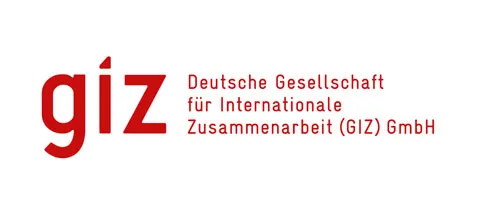Exploring risks of blue economy developments to people’s livelihood. A case study of Namibia’s coastal communities
Fuelled by the vision of the blue economy, marine sectors are developing and expanding at a fast rate. Though intended to be done in a sustainable matter, such developments often come with a large set of uncertainties and possible impacts on the environment as well as on the coastal communities who are depending on the natural environment to sustain their livelihoods. To understand what risks these developments bring, risk assessments are a commonly used tool to manage these risks at several stages of marine management processes. However, often focussing on the ecological risks, the human dimensions of risks are too often left out. In studies on climate change impact, the importance of addressing the social-economic aspects of risk has been recognized. In these studies, it has become evident that aspects such as risk, livelihood vulnerability and susceptibility to change are highly context-dependent and can determine how courses of risk unfold differently in different communities. Therefore, a social-economic approach to risk assessments can be an effective method to get a full understanding of what risks can lead to impacts on people’s livelihood and how these risks are created. With a case study of Namibia’s marine development and a risk analysis of perceived risks to the livelihood of two underrepresented marine stakeholder groups, this study demonstrates how embedded socio-economic vulnerabilities are adding to human-induced environmental impacts that come with development. Contextual risk assessments as such have the ability better inform environmental management to create effective and inclusive decisions.



